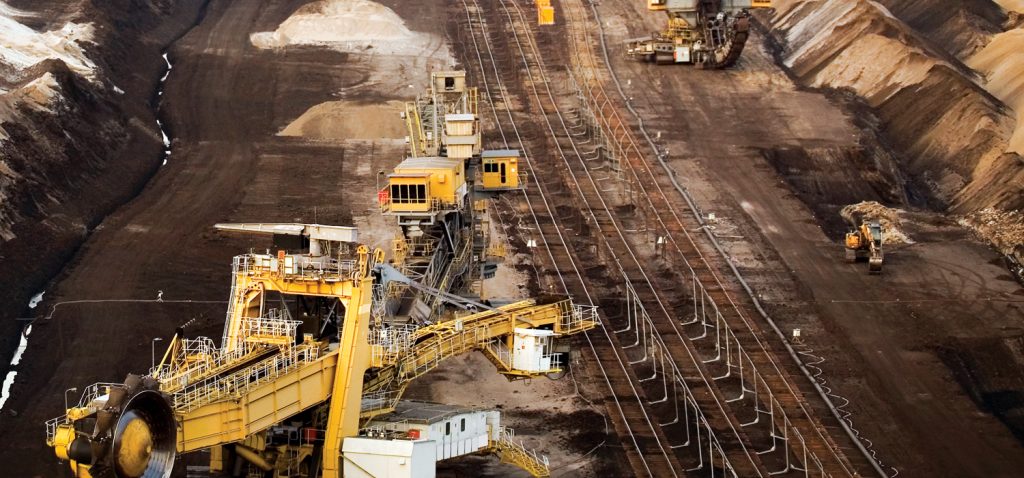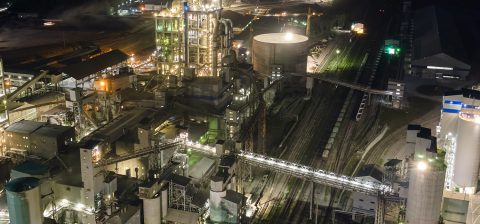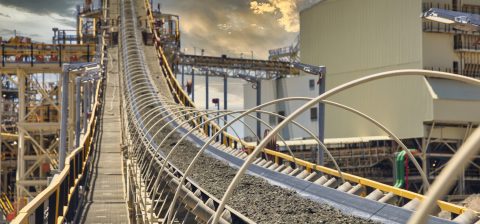SA Mining
Minerals Council Endorses B4SA Initiative To Revive SA Economy
The Minerals Council South Africa welcomes the accelerated economic recovery strategy published by Business For SA (B4SA) aimed at achieving much higher levels of inclusive economic growth to recover from the COVID-19 crisis, and the economic crisis that preceded it. The Minerals Council has been a strong proponent and contributor among business organisations to the development of this strategy.
The Minerals Council, under the auspices of B4SA, has identified a number of critical areas for the mining sector that need urgently to be addressed if the recovery is to occur and output and jobs saved and expanded in the next four years. The Minerals Council is engaging Minister Mantashe on these critical issues and looks forward to working with him and helping contribute to unlocking the South African mining sector’s true economic and transformational potential.
Minerals Council CEO, Roger Baxter, notes: “The South African economy was in a crisis even before COVID-19 struck with declining international competitiveness, a collapse in business and investor confidence, falling investment, low levels of economic growth, rising unemployment and accelerating poverty and social upheaval. COVID-19 has pushed South Africa further into the precipice, with at least 1 million jobs already lost, an estimated 8% decline in GDP likely in 2020, a fiscal deficit that has bourgeoned to nearly 15% of GDP and public debt that is likely to exceed 100% of GDP in a couple of years. South Africa is at a critical fork in the road and it can choose to follow the low road or the high road.”
The low road, is where South Africa continues to pursue many investor unfriendly policies, the economy and state capacity declines, and South Africa continues on the current march towards a sovereign debt default crisis and the resulting significant economic and social pain, where everyone loses.
The high road, is where the country’s leaders adopt a significant pro-competitiveness structural and institutional reform agenda and demonstrate decisive leadership to implement the reforms. The country will then realise its true economic and transformational potential to the benefit of all.
On the high road, the country improves its competitiveness rankings towards the top quartile, investment rises to above 25% of GDP, and the economy grows by at least 3% per annum (effectively doubling the economy in size by 2032). Unemployment falls, many of the income inequality and poverty metrics are drastically improved, and the transformation of the economy becomes sustainable.
Simply stated, some serious policy choices must be made now. Inaction is a vote for the status quo, which will result in the low road.
B4SA has identified as priorities the following: the critical need to improve the country’s competitiveness and ease of doing business rankings; urgent steps to improve business and investor confidence; significant structural and institutional reforms; policy consistency; regulatory reform; addressing crime and corruption; infrastructure investment; SOE restructuring, optimisation or exit; energy industrialisation strategy; economic transformation and supporting BEE; addressing skills shortages; and investing for modernisation. Each of these are critical for the recovery, sustainability and growth of the overall economy and the mining industry.
Says Mr Baxter, “Even before the COVID-19 pandemic hit us, the mining industry has faced several challenges and in real GDP terms the sector is smaller in 2020 than it was in 1994. While we have seen improvements in the industry’s policy and investment attractiveness rankings under the leadership of Minister Mantashe, there are significant further reforms needed to enable the sector to achieve its true economic and transformational potential. The COVID-19 lockdown and its broader impact on economic activity appears likely to reduce mining output by 15-25% in 2020.
“Collectively, the Minerals Council believes that if these actions are taken as rapidly as possible, it will mean that by 2024 the industry could be generating an additional $3.6 billion (R61 billion) in mineral sales a year and will be contributing R300 million in additional tax revenues. It will result in some 70,000 jobs being saved, and an additional 26,000 mining jobs and 47,000 indirect jobs being created. These steps require a co-operative and united approach by all industry stakeholders.”
The Minerals Council shares B4SA’s view that these steps are absolutely necessary in order to rescue the country from the crisis it currently faces, and to lead to the inclusive growth without which our country’s future looks very bleak indeed.







 Sign-up and receive the Business Media MAGS newsletter OR SA Mining newsletter straight to your inbox.
Sign-up and receive the Business Media MAGS newsletter OR SA Mining newsletter straight to your inbox.